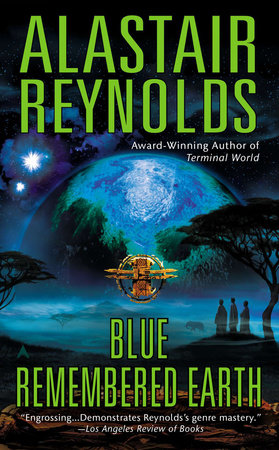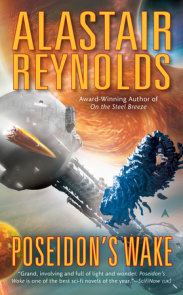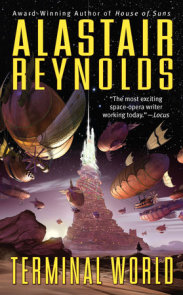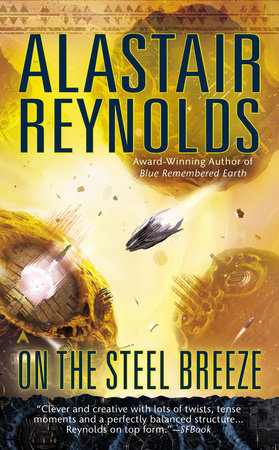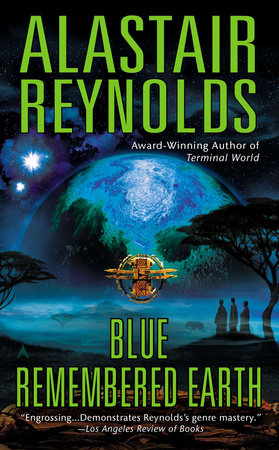

Blue Remembered Earth
By Alastair Reynolds
By Alastair Reynolds
By Alastair Reynolds
By Alastair Reynolds
Part of Poseidon's Children
Part of Poseidon's Children
Category: Space Opera
Category: Space Opera

-
$11.99
May 28, 2013 | ISBN 9780425256169
-
Jun 05, 2012 | ISBN 9781101568859
YOU MAY ALSO LIKE

Nova Swing

The Vampire Files, Volume Five
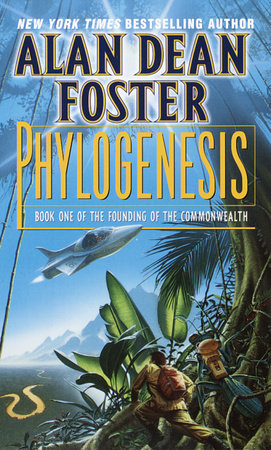
Phylogenesis
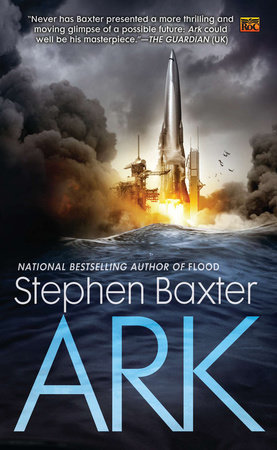
Ark
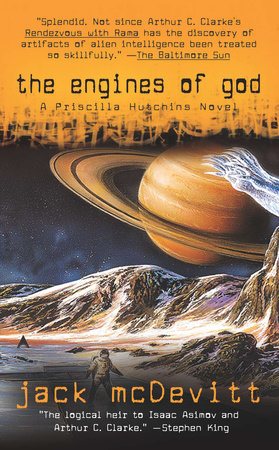
The Engines Of God

Funny You Should Ask
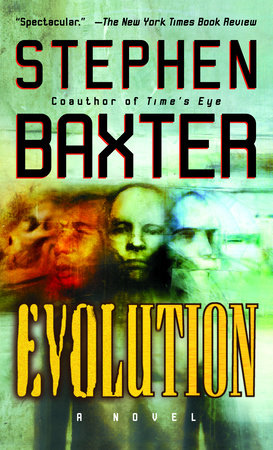
Evolution

The Generals
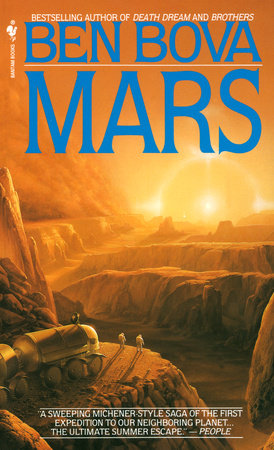
Mars
Praise
Praise for Blue Remembered Earth
“Engrossing…Blue Remembered Earth is, ultimately, a collection of conflicting ‘isms’: individualism, collectivism, romanticism, capitalism, expansionism, escapism. The ability to integrate such competing notions into a stable narrative speaks to the ideological power of the best SF; it also demonstrates Reynolds’s genre mastery….More importantly, the projected series—and the work Reynolds has yet to produce—will tell us much about the state of SF in the early twenty-first century.”—Los Angeles Review of Books
“Reynolds both develops a richly detailed portrait of a resurgent, postapocalyptic Earth society and economy, and leaves himself plenty of room to expand his narrative space exponentially.”—Locus
“As my number one SF writer of the ’00s, any novel or story by Alastair Reynolds is a must…A compulsive read that you do not want to put down…If you want to understand why SF at its best is still the most interesting form of literature today, Blue Remembered Earth [is the place] to go.”—Fantasy Book Critic
“Reynolds’s near-future is so brilliantly extrapolated, with original ideas fizzing off every page, that the reader is left awestruck at what further wonders await in the following volumes. Excellent.”—The Guardian (UK)
“A richly detailed portrait of a resurgent, postapocalyptic Earth society and economy.”—Locus
“Reynolds does what he does best in this tale of a not-unimaginably distant future: a sweeping family epic. With space travel.”—Booklist
21 Books You’ve Been Meaning to Read
Just for joining you’ll get personalized recommendations on your dashboard daily and features only for members.
Find Out More Join Now Sign In








